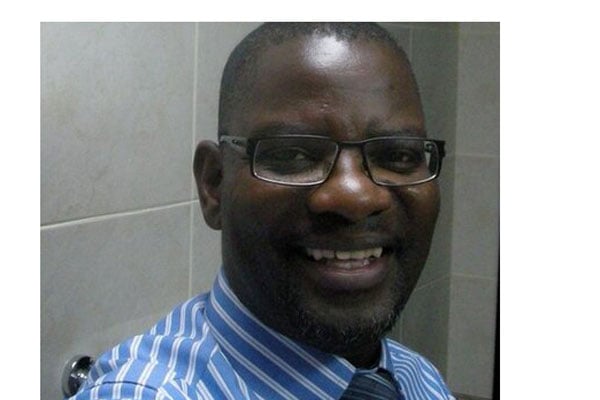Prime
Gen Lokech’s death is suspicious because trust in leaders is dead

Author: Musaazi Namiti. PHOTO/FILE
What you need to know:
- When the terrible news broke, the cause of his death, a blood clot, was already circulating on social media, long before pathologists moved to establish the cause.
On August 27, the people of Pader District and other Ugandans buried Maj Gen (promoted to Lt Gen on Friday) Paul Lokech, famous for leading Uganda’s troops against the militant group al-Shabaab in Somalia, where he earned himself the moniker “Lion of Mogadishu” for his efforts.
Many people received news of Gen Lokech’s death with utter shock and disbelief. It is not clear how old he was, but some media outlets reported that he was 55 — relatively young, as many 45–70-year-olds would tell you.
At the time of his death, he had been Deputy Inspector General of Police for only eight months. He died at his home on August 21.
When the terrible news broke, the cause of his death, a blood clot, was already circulating on social media, long before pathologists moved to establish the cause.
The question many Ugandans have been asking, and which has triggered rumours of foul play, is: How did those who announced the cause of Gen Lokech’s death before the post-mortem know?
According to a police statement, the post-mortem was conducted by four pathologists in the presence of Brig Gen Dr Stephen Kusasira, the director of medical services in the UPDF; Gen Lokech’s personal doctor, Ben Khiingi, and two family representatives.
The police statement said that the blood clot was caused by a fracture that Gen Lokech sustained on “the right ankle joint around the end of July 2021”.
“During the autopsy,” police spokesman Fred Enanga said, “the pathologists opened the right lower leg which got injured and found a very big blood clot that had formed in one of the big blood vessels.”
If everything Mr Enanga said is true, it makes complete nonsense of allegations of foul play, although it does not answer the question of how those who announced the death and cited “blood clot” as the cause got to know.
And there is another issue. Mr Enanga, just like those who lead the government whose police force he speaks for, is known for being economical with the truth, sometimes stretching it rather ludicrously.
Perhaps the biggest culprit is Gen Museveni. After clinging to power for 35 years, he uses political subterfuge and dirty tricks that have earned him enemies and critics who take solace in making all sorts of allegations against him.
When you factor in his failure to bring to justice killers of prominent Ugandans and the fact that he has in the past deliberately said things that are not true, you get to understand why Ugandans remain suspicious.
Two prime examples will hammer my point home. One is a video that I first saw last year, days after Rwanda’s 26th genocide anniversary. In the video, Mr Museveni, flanked by Juvenal Habyarimana, Rwanda’s former president, is addressing people and says:
“Recently there have been a lot of rumours circulated by people who are ignorant politically — that the refugees of Rwanda will use Uganda as a base to attack Rwanda. This is not possible... And I would like to assure all people here that it will not happen at all.”
It did happen in October 1990 — and, as they say, the rest is history. Uganda and Rwanda have sometimes clashed and have strained relations.
The second example is in the words Boniface Byanyima, who was Mr Museveni’s de facto foster father, said in 2005 in an interview with The Observer. Mr Byanyima knew Mr Museveni like the back of his hand, and what he did not know about him probably did not matter. He called him a “liar” and a “troublemaker”.
Mr Namiti is a journalist and former
Al Jazeera digital editor in charge of the Africa desk
[email protected] @kazbuk




